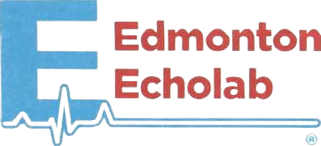Contrast Echocardiogram
What is Contrast Echocardiogram?
A contrast echo is a very simple study. During a contrast echocardiogram, an injection is placed intravenously (IV) in the arm or hand. Through that IV, a special dye (a contrast) is taken up by the right side of the heart, and transported through the lungs and back to the left side of the heart where it will opacify the left ventricle. It makes it so that the cardiologist can better see the outline of the myocardium and endocardium.
Contrast enhances a regular ultrasound by letting the cardiologist see the cavity of the left ventricle.
Some side effects may include headache, dizziness, nausea, fatigue, lower back pain, and palpitations.
Patients are able to resume all regular activities after this test.


